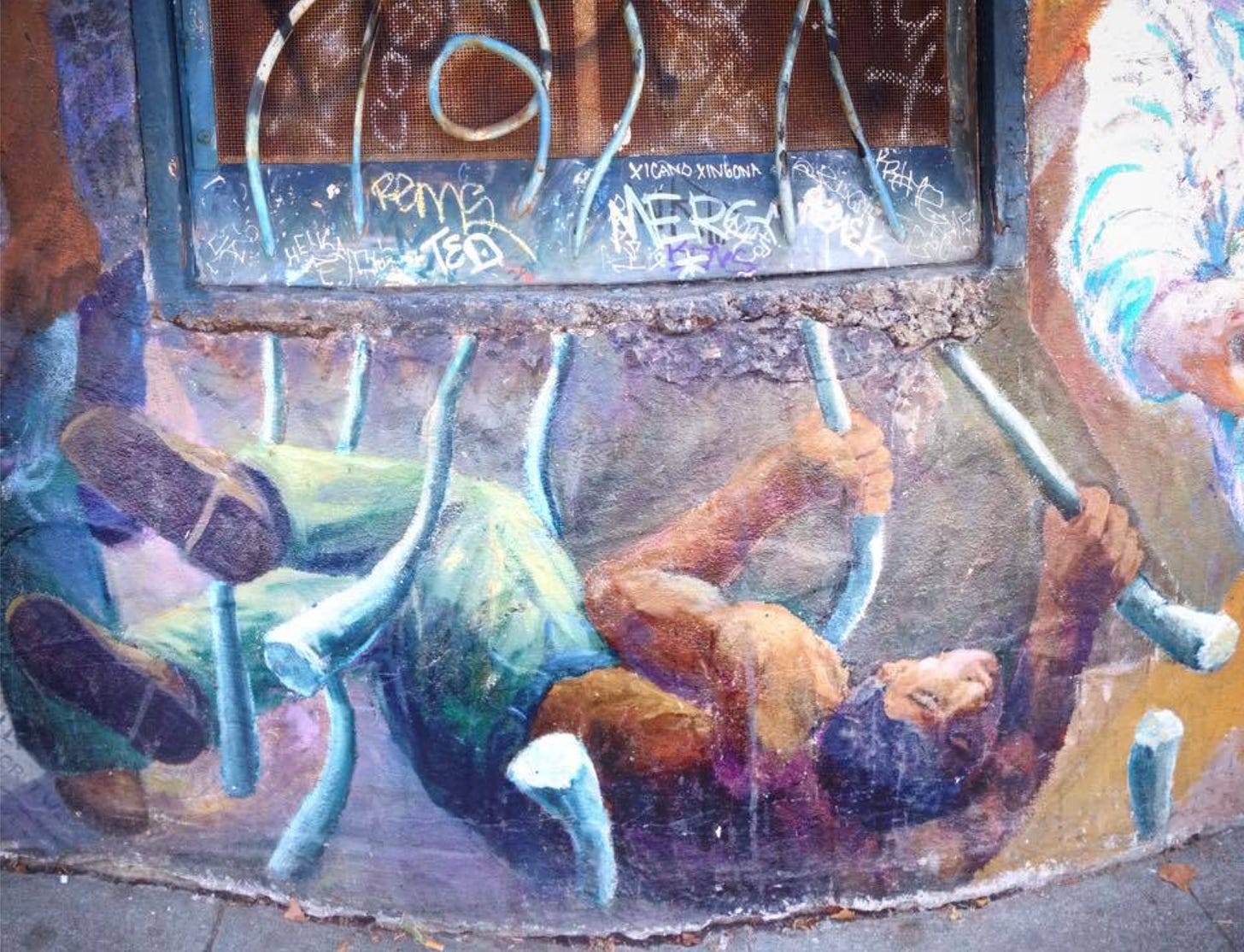DSA Grapples With the Constitution
Luke Pickrell comments on a recent tweet and the new For Our Rights program

I’ve written often about Democratic Socialists of America’s (DSA) orientation toward the Constitution and American “democracy” — from the inconsistencies of our Political Program to the resoluteness of YDSA’s R:21 and everything in between. Over the past year, individual chapters have authored statements and organized their own events about the Constitution. San Diego DSA has a monthly democracy discussion group. East Bay DSA organized a two-part political education series about the document’s undemocratic structural provisions and the Left’s rediscovery of democratic republicanism. Cleveland DSA recently passed a version of R:21. DSA’s online publications, Democratic Left and Socialists Forum, have published several important articles on the topic (one, two, three, four).
Last week, the National Political Committee (NPC), DSA’s highest elected body, released a tweet thread regarding the Constitution and advertising the new For Our Rights program. The For Our Rights Committee (FORC), which produced the program, was created after the “Defend Democracy through Political Independence” resolution passed at last year’s DSA convention. Over the weekend, Rashad X, a member of the NPC and Marxist Unity Group (MUG), spoke with me about the program and how he and others have struggled to bring a critique of the Constitution to DSA’s work. The interview will be released on Wednesday.
The tweet thread should be acknowledged for saying something about the undemocratic Supreme Court, Senate, and President, an appreciation for the Democratic Party’s roles in protecting SCOTUS and empowering Trump, and a resolute declaration that the U.S. is not a democracy. Its most glaring weakness is the lack of a demand for a constituent assembly and a democratic constitution. The statement is long on problems and short on answers. What is the alternative to an unelected Supreme Court and malapportioned Senate? What do the NPC members think “winning the battle for democracy” looks like in practice? Considering the political differences in DSA, I suspect the answers vary (Rashad gave his answer during our discussion).
The For Our Rights program demands “working-class majority rule” through a “democratic constitution that establishes a political system with universal and equal working-class voting rights, proportional representation in a single federal legislature, and ending the role of money in politics.” Bravo. Socialism, it implies, will come through a democratic state which does not yet exist. As Rashad pointed out, the convention resolution said nothing about the Constitution and mainly spoke about “defending” democracy from the far-right. The language of democratic constitutionalism only emerged during the six or so months after the resolution was passed, primarily due to the work of MUG’s NPC members.
However, DSA’s messaging and language are inconsistent. The promotional tweet says, “We do not live in a democracy.” Yet, the program refers to “what democratic institutions America possesses,” “attacks on democratic rights,” and the need to “expand democracy.” Can Americans have democratic rights and not live in a democracy? How can democratic rights exist in an undemocratic country? Ultimately, contradictions arise in the absence of a consistent definition of democracy as a unicameral legislature elected by universal and equal suffrage (see the first two demands of the RSDLP’s 1903 program, Victor Berger’s comments in Congress, or Tom Paine’s Dissertations on the First Principles of Government). As Rashad and Ian Forgie point out, the sum total of political rights in the U.S. is not a democracy. The Constitution’s structural provisions — “how American politics convert, or fail to convert, popular policy preferences into government action” — ensure the tyranny of a minority. Workers don’t make the laws despite the Bill of Rights and the ability to vote.
Unfortunately, the For Our Rights program’s political demands do not address the Constitution’s structure. There’s no demand for elected judges, no word about directly electing the President or abolishing the Electoral College, no mention of the Senate, and most importantly, no comment on a constitutional convention (let alone what’s needed: a constituent assembly). Ultimately (and this problem can’t be emphasized enough), the political objectives don’t amount to the preamble’s demand for a democratic constitution based on unicameralism and universal and equal rights. This contradiction is so glaring that further discussion about political objectives seems inevitable. DSA members should take the program to their chapters, point out these inconsistencies, and push for political demands necessary to realize the preamble’s vision.
Despite these inconsistencies, democratic republican language proves that ideas are changing and that the demand for a democratic political system is catching on within DSA. Why? As Rashad mentioned, one reason is the hard work of MUG NPC members. Another is that despite high hopes for change, Bernie Sanders and the Squad could not pass meaningful legislation through Congress (see, for example, the fate of the Build Back Better Act). The Constitution is an unavoidable obstacle, and many observers are starting to draw conclusions. To use Daniel Lazare’s phrase, it’s becoming increasingly difficult for the Constitution to “hide in plain sight.”

